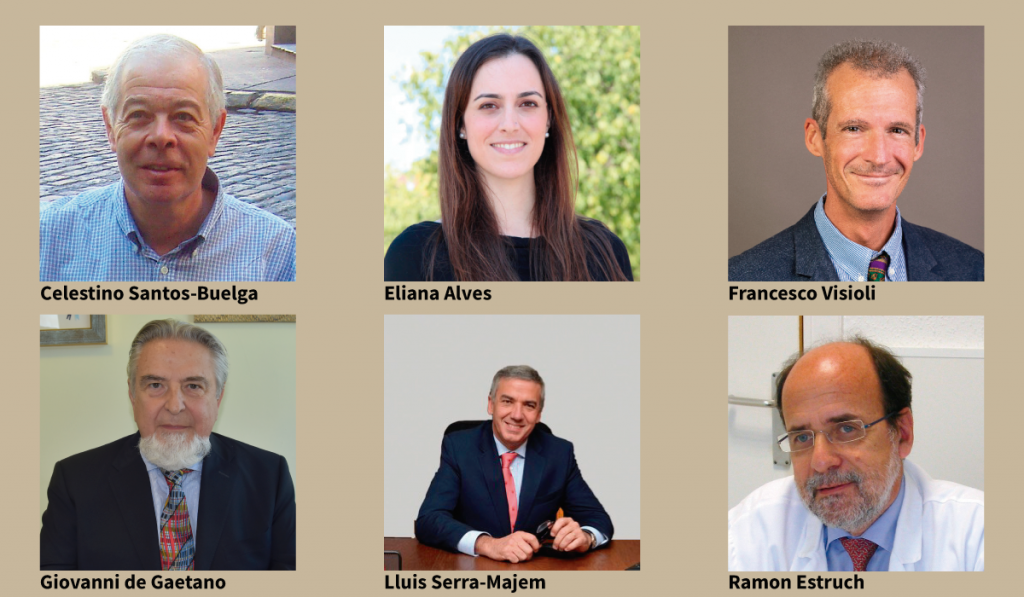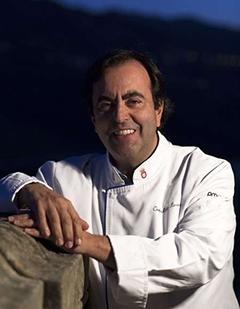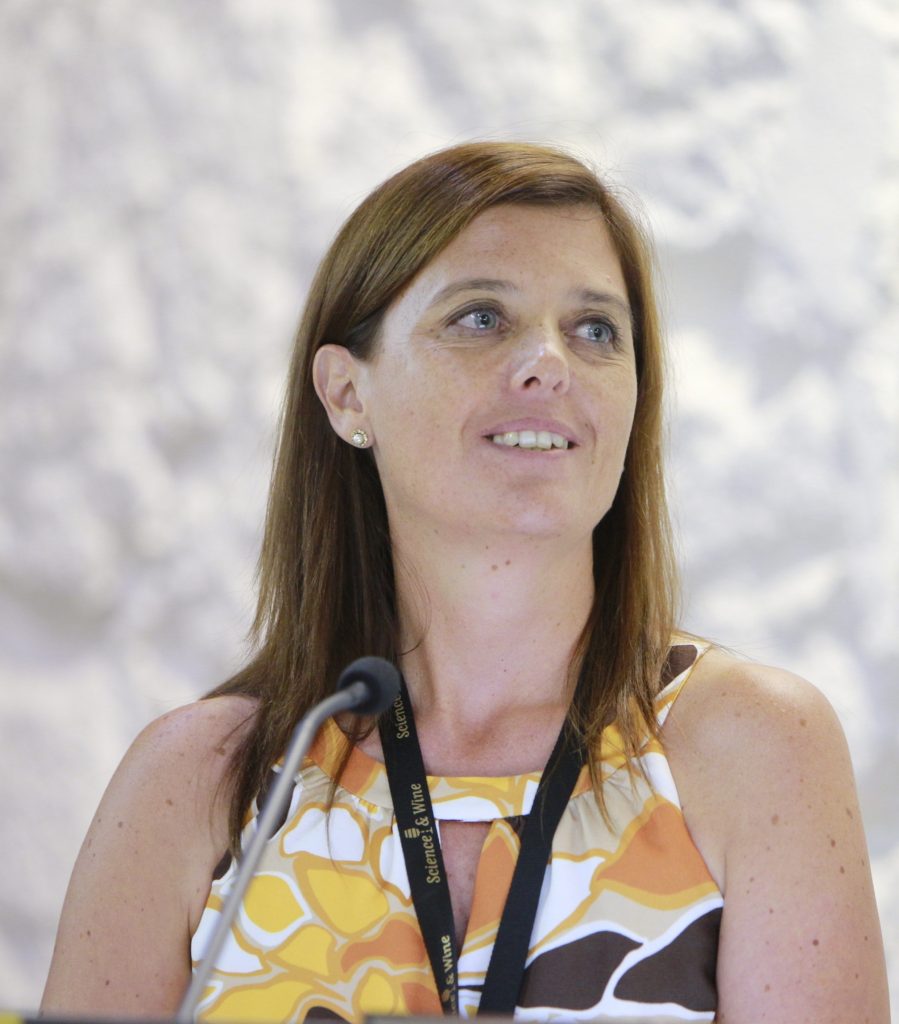By Paula Silva
Science & Wine is a science communication project in the wine research field. Promote the discussion of hot topics is one of project goals and one of most challenge ones too. From our experience, to be effective this kind of discussion should be extended to all that are interested in and it will be more productive in a live event. In fact, some of issues were approached both in the post format and in live events namely Wine Science Cafés and in the 1st Science & Wine Congress, and the live formats were most successful to engage people. Placing scientific work within a larger context can be gratifying as well as stimulating for all participants. As mention above, this live approach is essential to discuss controversial topics such as wine consumption. Indeed, if you search for wine health effects, you’re bound to find mixed messages. Wine is part of the Mediterranean Diet, which emphasizes fruits, vegetables, nuts, grains, legumes, seafood and olive oil consumption. Several studies demonstrated protective associations between moderate drinking and cardiovascular disease, atherosclerosis, hypertension, certain types of cancer, type 2 diabetes, neurological disorders, and the metabolic syndrome. Definition of moderate alcohol consumption is often differently in different countries, and no conclusive recommendations exist regarding moderate wine consumption.
The clarification of this issue motivated Science & Wine to promote the 1-Day Conference “Wine Consumption in the Mediterranean Diet: A clarification about health effects” be held in Porto at June 4 of 2020. The conference will take place in the Association of Port Wine Companies.
This conference already has the institutional support of: University of Porto, UNESCO (Chaire: Culture et Traditions du Vin), Association of Port Wine Companies and Association Nutrition Méditerranéenne et Santé.
In the morning will occur a Plenary Session during which world-renowned scientists deliver reports on their research in Mediterranean Diet effects on human health, underlining the effects of a moderate and regular wine drinking considering the interactions between wine and important dietary factors such as olive oil, fish, fruit and vegetables. In addition to health and nutrition effects, sociocultural wine value and local economic returns will be also addressed. Already confirmed are the following speakers: from Portugal Prof. Eliana Alves (University of Aveiro); from Italy Prof. Giovanni de Gaetano (Istituto Neurologico Mediterraneo Neuromed Pozzilli) and Prof. Francesco Visioli (University of Padua); and from Spain Prof. Lluis Serra-Majem (University of Las Palmas de Gran Canaria), Prof. Ramon Estruch (Barcelona University) and Prof. Celestino Santos-Buelga (Universidad of Salamanca).

Lunch menu will be signed by Hélio Loureiro, a famous Portuguese chef, a menu inspired on the flavourful and healthy foods of the Mediterranean. The afternoon will start with the best five oral communications chosen by the scientific committee among the ones submitted. This session will be followed by an intimate roundtable session geared for a lively discussion.

Figure 2. Chef Hélio Loureiro
Science & Wine aims to encourage scientists to progress into their professional careers by raising awareness of science to the wider community. This conference offers an opportunity to researchers to present their research work develop their skills for science communication. Researchers (presenting authors) that want to take this opportunity authors must be registered in the conference. After they must wait until April to know if their submitted abstract was one of the 5 selected to by scientific committee to be presented as oral communication at the conference. The best 3 presentations will win a prize that will be announce sooner.
I hope to see you all in “Wine Consumption in the Mediterranean Diet: A clarification about health effects” conference.
Follow everything in our webpage: https://www.science-and-wine-conferences.com/

Paula Silva is Assistant Professor in the Laboratory of Histology and Embryology, Department of Microscopy, in the Institute of Biomedical Sciences Abel Salazar (ICBAS) of University of Porto (UPorto). Teaching experience covers: Histology and Embryology (Human and Comparative), Animal Models of Human Disease, and Science Communication. Director of the continuing training course “Science communication – Life and health sciences” (6ECTS) and of the continuing training unit “Animal Models of Human Disease” (6ECTS). She obtained her PhD in Biomedical Sciences in UPorto. Paula Silva presents in her CV 23 original articles published in journals indexed in the Science Citation Index (SCI), 1 book chapter, participation in some I&DT projects, and numerous works in many national and international congress. At present, her main research topic is the influence of moderate consumption of wine on chronic diseases, particularly, neurodegenerative diseases. orcid.org/0000-0001-7204-6006

